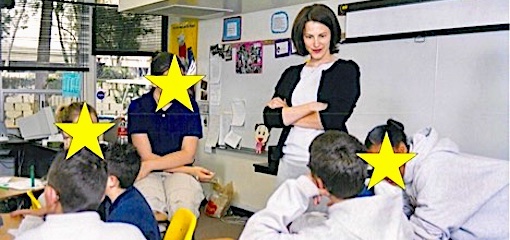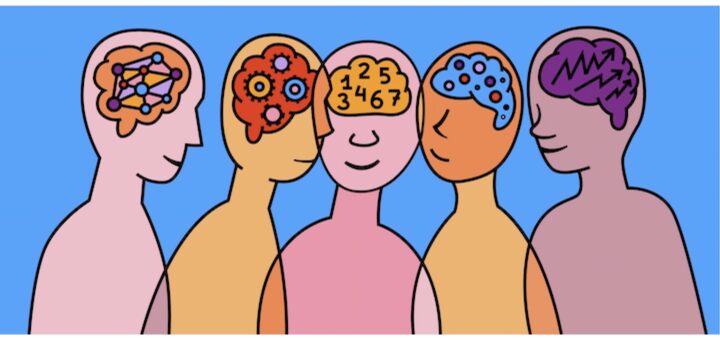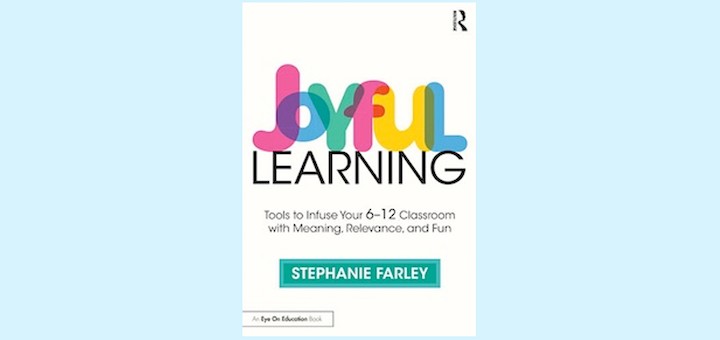Mental Time Travel for Student Well-Being
If we can teach kids to think about their futures with more specificity and positivity, then we can have a significant impact on not only their self-image but their well-being – critical work in our anxiety-ridden, social media-saturated times, writes teacher leader Stephanie Farley.




















